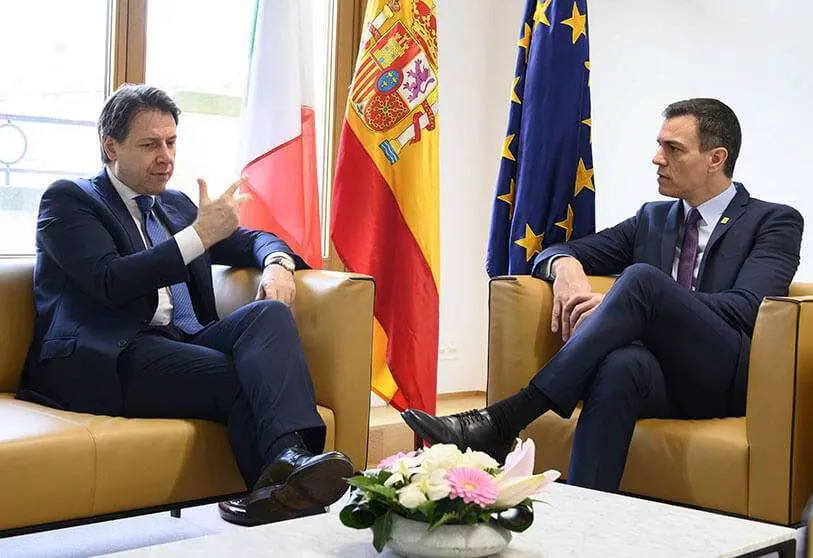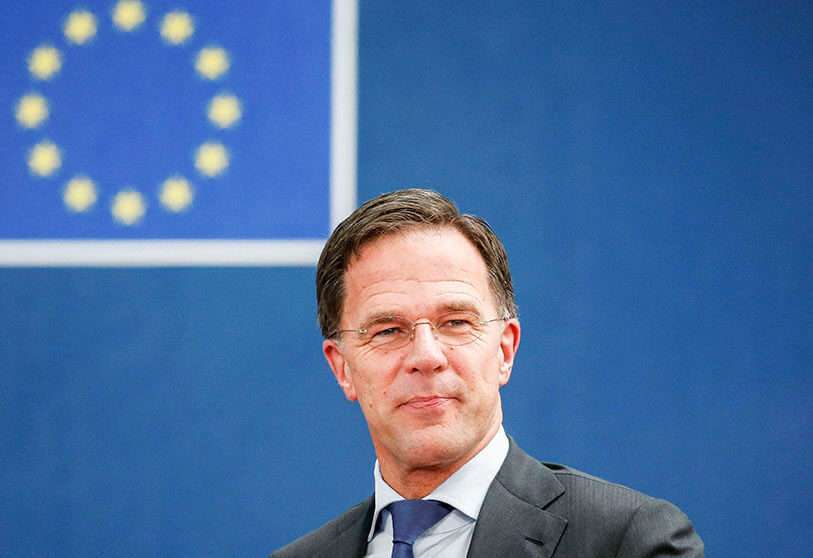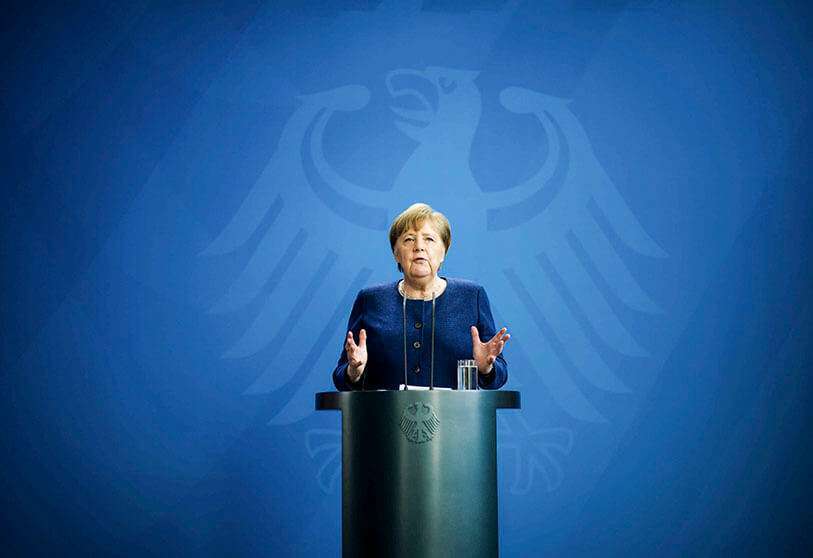Loans or transfers to tackle the coronavirus crisis, the new battle within the EU

The coronavirus crisis has brought the debates of the last financial crisis back to the European Union. At the time, the South was asking for Eurobonds to issue European debt and the North refused. The solution was to enable financial rescues, access to money at lower interest rates for countries in trouble, but in exchange for political reforms. When the ECB (European Central Bank) was about to withdraw the monetary stimulus and low interest rates that helped Europeans so much during the last recession, the coronavirus pandemic arrived on the continent. The economic ravages of the virus were not long in coming and the EU reacted by setting up a reconstruction fund. What is still unclear is how the aid will be distributed. While the north is advocating loans with conditions, the south is asking for non-refundable transfers.
Ten years after the crisis, it seems that scenarios are repeating themselves. Spain and Italy, two of the countries hardest hit by the coronavirus, propose mutualising the debt, with non-refundable money being given to alleviate the serious situation in the south. Spain has already suffered a recession of 5.2% of GDP in the first quarter of the year, the largest in a century. These are frightening figures that only reflect the damage caused by two weeks of confinement. With the Netherlands at the forefront, the northern partners are willing to reach out, but warn that European aid must be conditional and returned.

The two major stumbling blocks that still need to be clarified by the partners regarding the reconstruction fund are the size of the fund and what percentage will be in the form of a transfer and how much will be in the form of loans. Spain, France and Italy are betting on it being all aid. The Netherlands, France, Austria, Sweden and Denmark are demanding that everything be in the form of loans.
"Italy has a very high debt and a very compromised financial situation. We do not believe that getting into debt is a solution. We are betting that European aid in this crisis will be similar to what is done with the cohesion funds: money that is given in a non-refundable way so that European economies can converge," explains Jonas Fernandez, MEP from the Progressive Alliance of Socialists and Democrats and an economist.
The Socialist family in the Parliament is committed to transfers. "A joint declaration has been made by the group and the Dutch Socialists have signed it, even though their government is against it," says the MEP. Within the conservative family there is still no consensus and several positions coexist, according to the Socialist MEP.
Unlike the last crisis, this time the South has a powerful ally: France. French President Emmanuel Macron has spoken out in favour of transfers, despite Germany's refusal to do so. ECB President Christine Lagarde also revealed a favourable position with the South during the last European summit. "We are concerned that the risk premiums of some countries are rising. The risk is that we will act too late and that the financial sector will be infected, especially with a growing asymmetry in debt and a fragmentation of the European market. Even EU President Ursula Von der Leyen of Germany defended during the last European summit a strong European intervention to prevent the coronavirus from cracking the foundations of the EU.
"The position of [German President] Angela Merkel is very clear: she doesn't want unconditional transfers and the Dutch parliament has voted against the mutualisation of debt. These countries don't trust the South, but neither can they risk bankruptcy because that would mean a generalised increase in interest rates for everyone", explains Emilio González, professor of World Economy at the Pontifical University of Comillas.

The professor points out that one of the main problems that community members from the south still have is the lack of confidence in their finances. "The United Kingdom has come to have a public debt of about 200% of GDP, but investors have always trusted that it would pay it back," he explains.
While many lessons have been learned from the last crisis and the EU has improved its mechanisms and reacted faster this time, the North-South confrontation has resurfaced in the wake of the coronavirus. "The countries of the South have to show a greater commitment to reforming and cleaning up their finances and the North has yet to shed a vision that places them as the ones paying for all the excesses of their partners. They too have benefited greatly from the EU by selling their products on the common market," says Professor Emilio González.
Competition between European companies may also be damaged in the current crisis and is another focus of concern for the EU. While some countries have room in their budgets to help their companies, like Germany, other partners do not have a "cushion" with which to rescue their companies.
During the last European summit, both Lagarde and Von der Leyen pointed out the competitive advantage of German companies. Angela Merkel did not hesitate to defend that the aid her executive is providing to her companies will be beneficial for all Europeans. "The airlines and the executives who can support their companies are being helped. This is something we have to address and resolve because it is a clear distortion of competition," concluded Socialist MEP Jonas Fernandez. socialiste Jonás Fernández.








